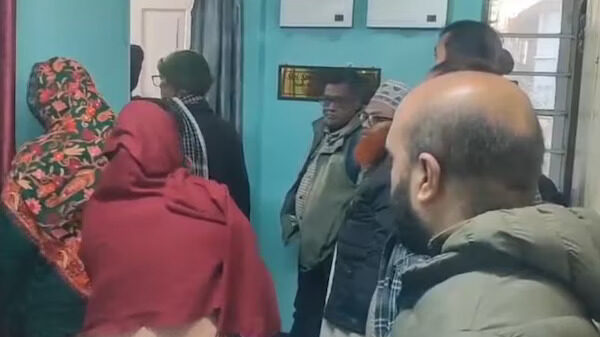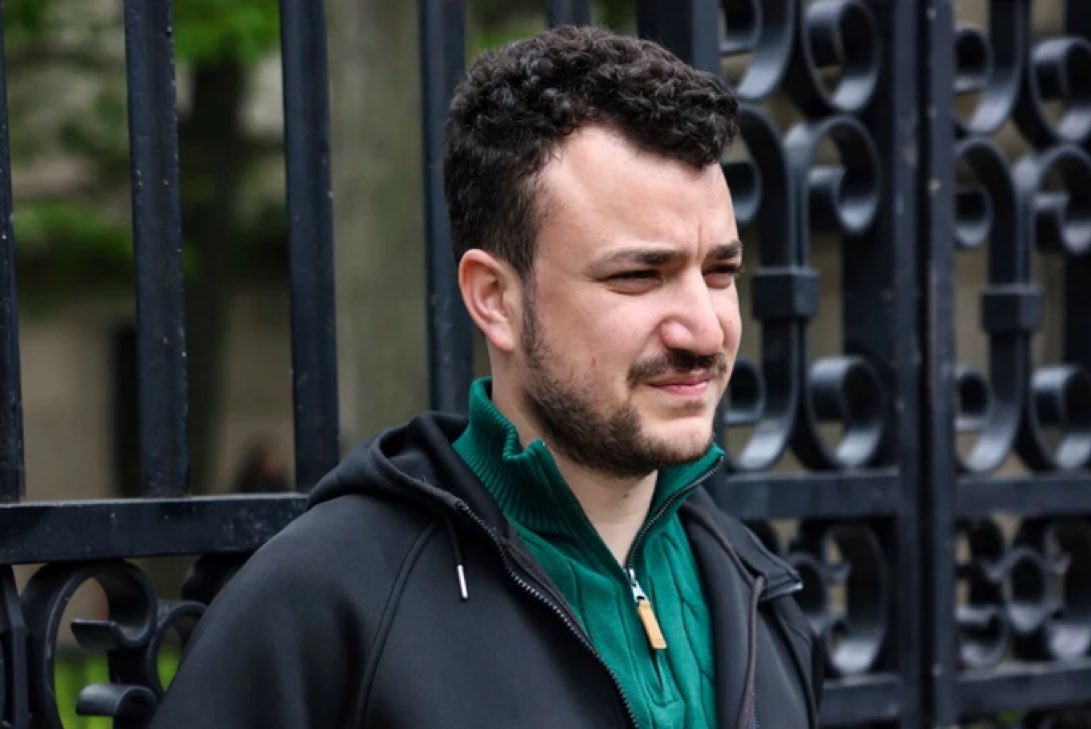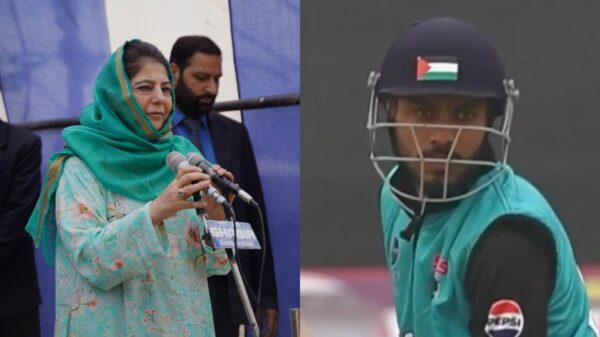Palestinian rights activist Mahmoud Khalil has appealed a U.S. immigration judge’s order to deport him to Syria or Algeria, arguing the decision is flawed and politically motivated.
Khalil, a former graduate student at Columbia University, faces removal after a Louisiana judge ruled on Sept. 12 that he failed to disclose past affiliations on his green card application. The court cited his alleged links to the U.N. Relief and Works Agency for Palestine (UNRWA) and Columbia University Apartheid Divest, a campus group that advocates a boycott of Israel.
Khalil, who was born in Syria and holds Algerian citizenship, says deportation would expose him to danger because of his activism. He identifies as Palestinian by origin and has warned that Israel could target him if he is forced to leave the United States.
On Sept. 18, Khalil’s lawyers submitted a letter to U.S. District Judge Michael Farbiarz, who is overseeing his civil rights case. They argue the immigration court blocked a full hearing, relied on “pretextual” charges and failed to follow due process.
Earlier in June, Judge Farbiarz ruled that Khalil’s initial detention was unconstitutional. The government had detained him under the sole authority of then–Secretary of State Marco Rubio. After that ruling, officials filed new charges, saying Khalil made misrepresentations on his application.
Khalil rejects the allegations. “It is no surprise that the Trump administration continues to retaliate against me for my exercise of free speech,” he said in a statement.
According to his attorneys, legal permanent residents who are married to spouses, have children, and have no criminal background are rarely deported. The case is said to highlight the way the immigration law is being used against pro-Palestinian activists.
Khalil spent three months in federal immigration detention earlier this year. He became the first person arrested under President Donald Trump’s crackdown on student protests against Israel’s war in Gaza, which spread across U.S. campuses.
The Department of Justice has not commented on the latest appeal.
The case of Khalil is regarded now by the rights groups as a test of whether political dissent may be used to instigate deportation procedures in the US.































































